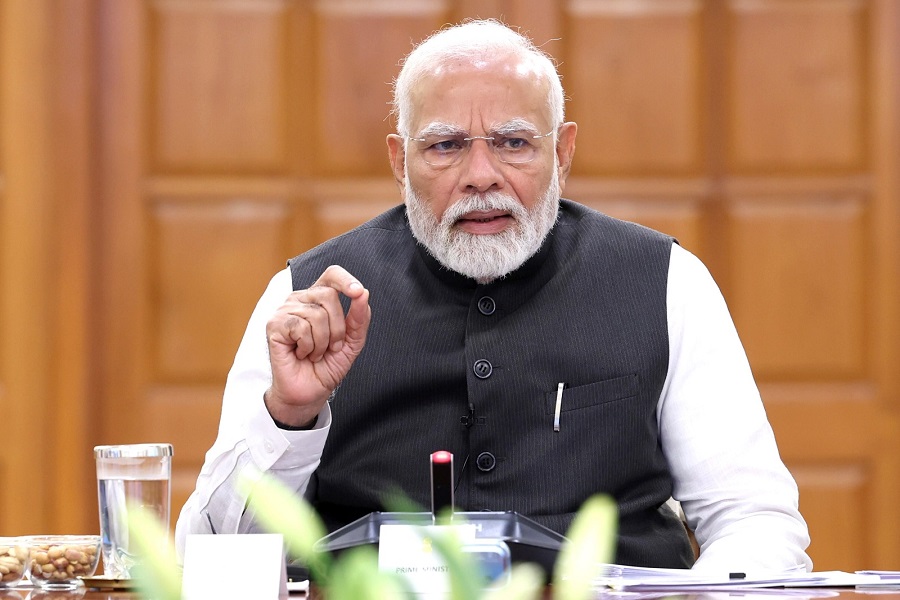Continued accommodation necessary despite inflationary risks: MPC minutes - ICICI Securities

Continued accommodation necessary despite inflationary risks: MPC minutes
* MPC members take cognizance of inflationary risks: Today the RBI released the minutes of monetary policy review held during 4-6 Aug 2021. In this review, the dilemma the MPC faced in the past few months had become more acute: whether to take cognizance of persistently high inflation or to continue supporting growth. Although the Committee expectedly chose to prioritise growth over inflation, the minutes released today showed that it debated extensively on inflationary pressures building up in the economy. Almost all MPC members expressed concern that several moving parts such as high international commodity prices (especially oil, metals and food), supply bottlenecks and high domestic taxes on fuel are likely to keep inflation elevated in the near term. They also expressed concern about generalisation of price pressures, higher-than-normal sequential momentum and persistently high inflation possibly unhinging inflation expectations in the future.
* Although most members believe balance of risks is still in favour of monetary accommodation: Despite significant inflationary risks, most of the MPC members felt that the balance of risks was still in favour of continuing with monetary accommodation. Citing somewhat mixed signals given by high-frequency indicators, members assessed that the economy is struggling to regain the momentum it had gathered in the second half of FY21. They also added that the informal sector in particular has been badly scarred by the second wave and needs continued policy support. The MPC’s assessment is in line with the K-shaped recovery the economy has been witnessing in the past few quarters where corporate profitability has been robust but the informal sector has suffered badly.
* Dissenting member questions suitability of monetary policy to revive growth…: While Dr. Jayant Varma voted to keep repo unchanged, he dissented on continuing with accommodative stance. His statement in the minutes elaborated on his apprehensions. Dr. Varma argued that the Covid-19 crisis was likely to persist for three to five years and keeping interest rates abnormally low for such an extended period of time was not feasible. He also argued that while the pandemic now is affecting some pockets of the economy, monetary policy actions have a blanket effect on the entire economy. Ultra-accommodative monetary policy is likely stimulating asset price inflation and could lead to unhinging of inflation expectations. Finally, he argued that by ignoring inflationary pressures, the MPC may inadvertently push up risk premia and term premia, push up long-term interest rates and render the current monetary policy actions counter-productive.
* …and wants reverse repo announcement removed from MPC statement: Dr. Varma also added that he was in favour of gradual normalisation of LAF corridor which would increase the MPC’s ability to keep repo at 4% for longer. However, since decision on reverse repo was not within the MPC’s remit, he argued for moving reverse repo announcement from MPC statement to Governor’s statement.
* Members highlight role of oil prices in pushing up inflation: Committee members also commented on high domestic fuel taxes and their impact on inflation. Dr. Saggar gave estimates which showed that excise duty hikes since the beginning of the pandemic alone may have pushed up headline inflation by 60-80bps. Dr. Goyal also presented a calculation which showed that it was far more efficient for the government to cut fuel taxes (and thereby anchor inflation expectations and revive demand) rather than keeping fuel taxes high which could eventually lead to higher inflation expectations and increase interest payments.
To Read Complete Report & Disclaimer Click Here
For More ICICI Securities Disclaimer https://www.icicisecurities.com/AboutUs.aspx?About=7
Above views are of the author and not of the website kindly read disclaimer





















